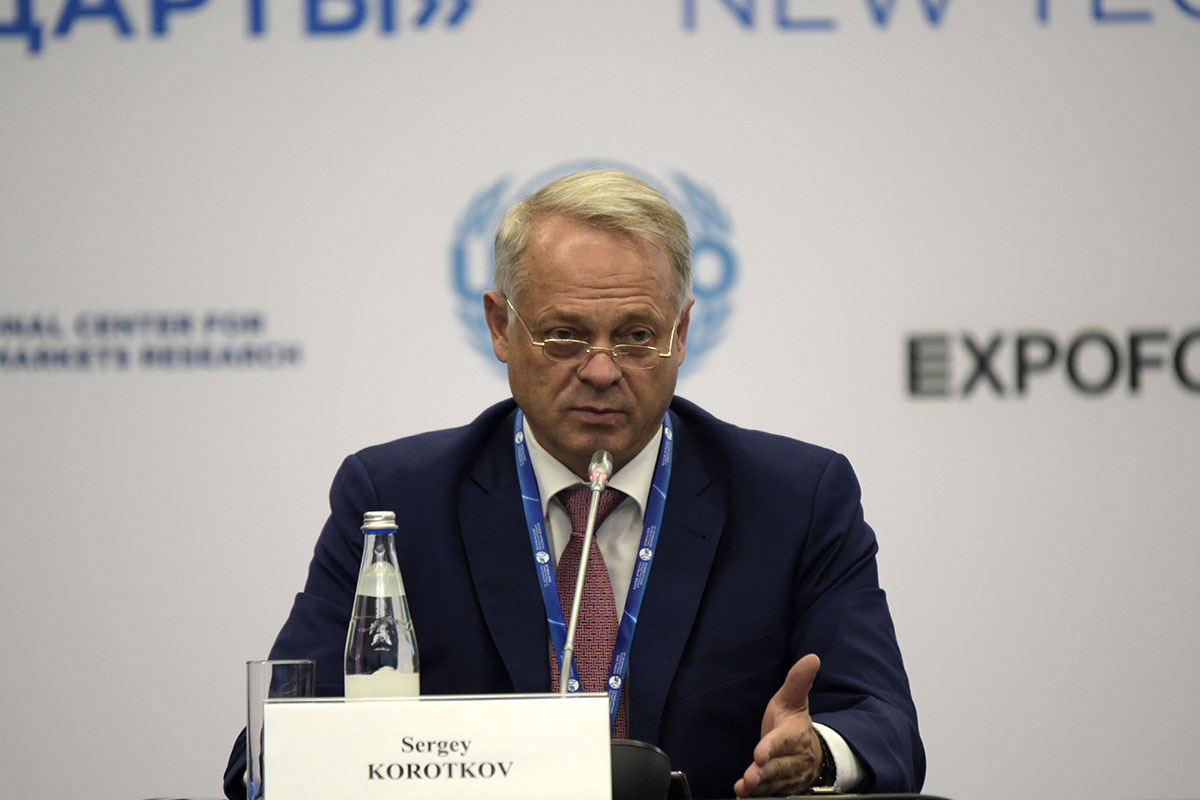Event news
UNIDO extended the term for poly-chlorinated biphenyls (PCBs) disposal pilot project by 1 year
PCBs are toxic organic compounds that remain for long periods in the environment, constituting threat for human health and the environment itself even in small concentrations. Oil containing PCBs used to be applied as dielectrics in transformers and condensers, as petrochemical agents, etc.
UNIDO initiated works on PCBs final disposal at Russia-based enterprises in February 2014. At the federal level, the project is supported by the Ministry of Nature of the Russian Federation and the Russian Energy Agency. Russian Railways JSC, Vodokanal St. Petersburg SUE, and the Gubkin Russian State University of Oil and Gas were the first to support the project as partners. Over time, other large-scale companies started to join the project, including Gazprom, Rosatom, Enel Russia, Rosneft, and Lukoil. Sergey Korotkov is sure: "We’re going to have a lot to do in the coming years."
UNIDO discovered that 47% of PCB-based equipment is concentrated in the energy sector, 35% – in the coal industry, 22% – in the oil and refining field, and 7% – in the gas production. Gazprom’s production facilities use 110.3 tons of PBC-based oils, Rosatom - 1341.6 tons. Enel Russia applies 4732.2 tons.
During their revision, UNIDO discovered 8.5 thousand PCB transformers, 180 thousand condensers and 30 thousand tons of PCB-based oils in Russia.
In accordance with Federal Law No. 164-FZ dated June 27, 2011, ratifying the Stockholm Convention on persistent organic pollutants, ecologically safe regulations and final disposal at enterprises and facilities of PCBs, accumulated in Russia in the course of previous industrial activities, shall be completed by 2028.
Reference: United Nations Industrial Development Organization (UNIDO, ONUDI in French) is the specialized agency of the United Nations, the mission of which is to promote and accelerate inclusive and sustainable industrial development (ISID) in Member States, as well as promote international industrial cooperation. UNIDO Headquarters is located in Vienne (Austria).
In 2011, the Russian Federation signed and ratified the Stockholm Convention on persistent organic pollutants. One of the top-priorities for complying with the established terms is development of ecologically safe regulations in regard to Poly-Chlorinated Biphenyls (PCBs) at Russian Railways JSC and other proprietary companies.

